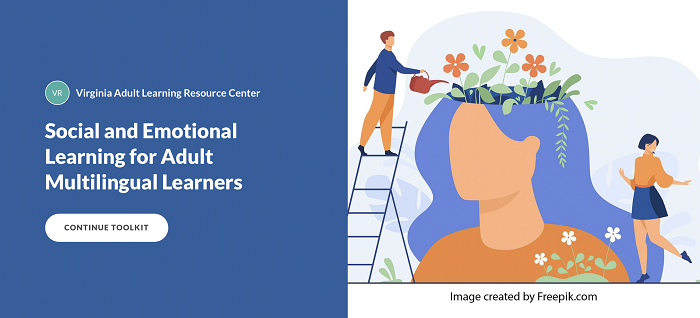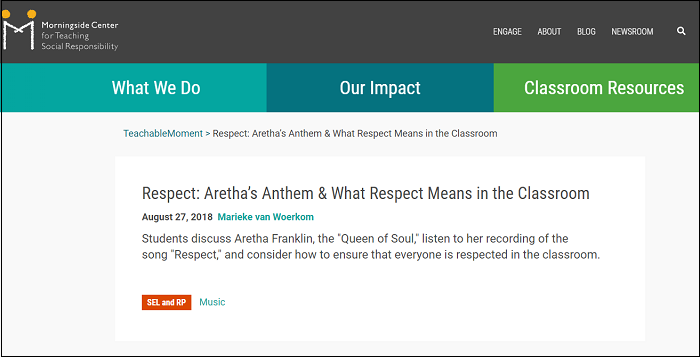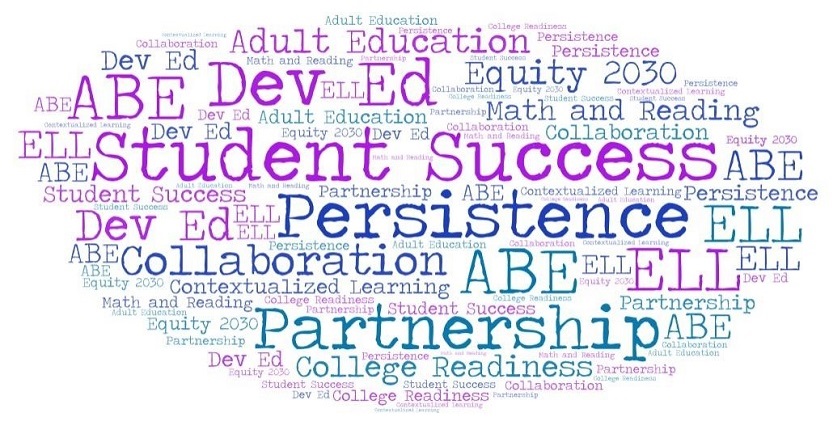ACES/Transitions
Recent Newsletter Articles

Working Hard on Soft Skills: ACES/TIF Foundations Course Available on Canvas
Good news: the ACES/TIF Foundations course is now available on our new online learning platform, Canvas! This course is designed to provide a thorough introduction on how to integrate academic, career, and employability skills (ACES) into your instructional context through the use of the Transitions Integration Framework (TIF). Read More

Introducing ATLAS Transitions Coordinator Carly Voshell
ATLAS is proud to announce its newest staff member, Carly Voshell! Carly fills a brand new position for us: that of Transitions Coordinator, helping us design and implement professional development activities around all things transitions - career pathways, ACES TIF, postsecondary and employer partnerships, and more! Read More

ACES Updates – Be the First to Know!
The updated ACES/TIF lesson plans are now available! Be sure to check out these 18 standards-aligned lessons and get a jump on your back-to-school planning. Also, find out about additional updates to the ACES website and online course! Read More

A Social-Emotional Learning Resource Developed Just for Adult Learners
The Social and Emotional Learning for Adult Multilingual Learners Toolkit was created to “offer explanations, tips, materials, and links to help ESOL teachers and programs better understand and integrate social-emotional learning into the adult English language classroom." Learn more about this toolkit and join us for a webinar on April 18 to delve more deeply into Social and Emotional Learning for adult education. Read More

R-E-S-P-E-C-T in ABE
Morningside Center for Teaching Social Responsibility has an impressive resource collection that is very much worth exploring. It has lessons that will help your students feel more respected and connected, including a lesson for Women’s History Month centered on Aretha Franklin's recording of the song “Respect.” Read More

Teaching the Whys and Hows of Emergency Funds
Everyone experiences emergencies, typically about once a year or so. Yet many of us continue to be surprised when emergencies crop up. Any emergency is a lot less painful if it isn’t made worse by unnecessary financial stress. Teaching about emergency funds is a great way to open up conversations about money and financial literacy. Read More

Throwback Thursdays and Other Life-Changing Routines
Here's a riddle for you. What can make bedtime easier, skin dewier, and bodies fitter? Here’s a hint. It can also make your classroom easier to manage, your students more relaxed, and your lesson planning simpler. Do you know what it is yet? Read on to find out! Read More

Bringing Financial Literacy into the ABE Classroom
Financial literacy is too often overlooked. People of all stripes may have a level of financial literacy that hinders their ability to function day to day, much less build life plans or get ahead. Our primary constituency here at the International Institute of Minnesota ─ new Minnesotans who were born outside the country ─ are especially vulnerable. Read More

COMING SOON! Dev Ed/ABE Virtual Symposium on February 16
Mark your calendar for the first-ever FREE, virtual Dev Ed/ABE Symposium coming up on February 16 from 8:45am-12:30pm! Registration for "Improving Student Dev Ed Outcomes Through Highly Effective Partnerships with Adult Basic Education" opens on January 23, so watch for more information. Read More

A Not So BASE-ic Resource
I have recently spent some time exploring the BAES Social-Emotional Learning (SEL) courses that are now available for Distance Learning. After looking at them through an ACES/TIF lens, I have come to the conclusion that they make up a rich resource collection that would be useful for anyone who wants to learn more about Transitions skills, such as Resilience, Motivation, and Future Goals. Read More